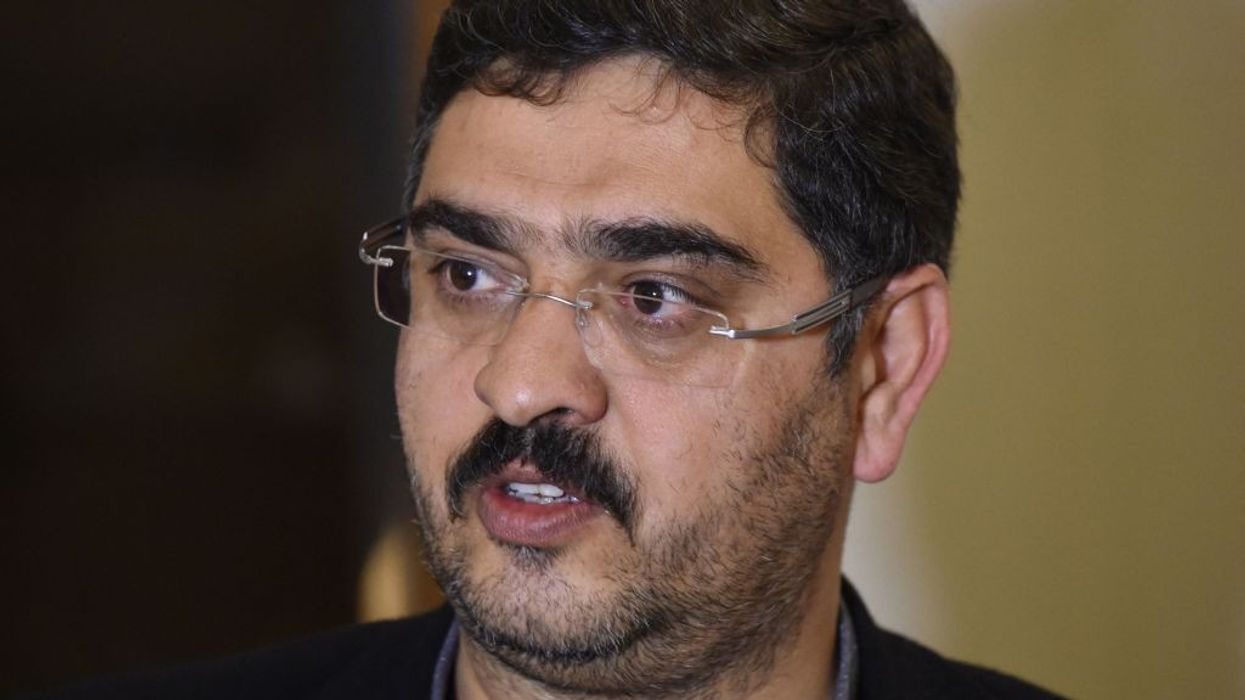PAKISTANI prime minister Shehbaz Sharif and opposition leader Raja Riaz agreed to name Senator Anwaar-ul-Haq Kakar as caretaker premier to oversee elections, the prime minister's office said.
Kakar, 52, a little-known politician from the southwestern province of Balochistan, will name a cabinet and head a government to steer the nation through economic and political crises until a new government is elected.
"The prime minister (Sharif) and leader of opposition have jointly signed the advice which will be sent to the president for approval," the statement said.
President Arif Alvi approved Kakar's appointment, the president's office said in a statement.
Under Pakistan's constitution, a neutral caretaker government oversees national elections, which must be held within 90 days of the dissolution of the parliament's lower house - which in this instance means early November.
The choice of caretaker prime minister has assumed greater importance because the candidate will have extra powers to make policy decisions on economic matters, while the elections may be delayed by up to six months.
The Election Commission has to draw new boundaries for hundreds of federal and provincial constituencies and, based on that, it will give an election date.
Riaz told broadcaster Geo News that he believed elections would take place in February next year, and not as scheduled before November.
Kakar, who Riaz said was the opposition's candidate for premiership, has been serving a six-year term in Pakistan's Senate since 2018, but his selection came as a surprise as he had not even been mentioned earlier as a prospective candidate.
His mineral-rich home province of Balochistan is Pakistan's largest by size, but smallest by population, and has been a hotbed of violent nationalist insurgency for decades.
Kakar is listed as an independent politician by the Senate, but is reported by local media to be a part of the Balochistan Awami Party, which is widely considered to be close to the country's powerful military.
The military continues to have a huge role behind the scenes in Pakistan. It has ruled the country directly for over three decades of its 76-year existence, and wields significant power in politics.
Political analysts say that if the caretaker set-up stretches beyond its constitutional tenure, a prolonged period without an elected government would allow the military to consolidate control.
The party of former prime minister Imran Khan, who is currently in jail and barred from contesting elections for five years following his conviction for corruption, expressed hope that Kakar would ensure free, fair and credible elections.
"If there are questions over the credibility of elections, there will be no political stability, which is critical for economic certainty," former foreign minister Shah Mahmood Qureshi, who is currently leading Khan's party, said in a TV interview.
Economic stabilisation is the top challenge with the $350 billion economy on a narrow recovery path after an International Monetary Fund (IMF) bailout averted a sovereign debt default.
(Reuters)





